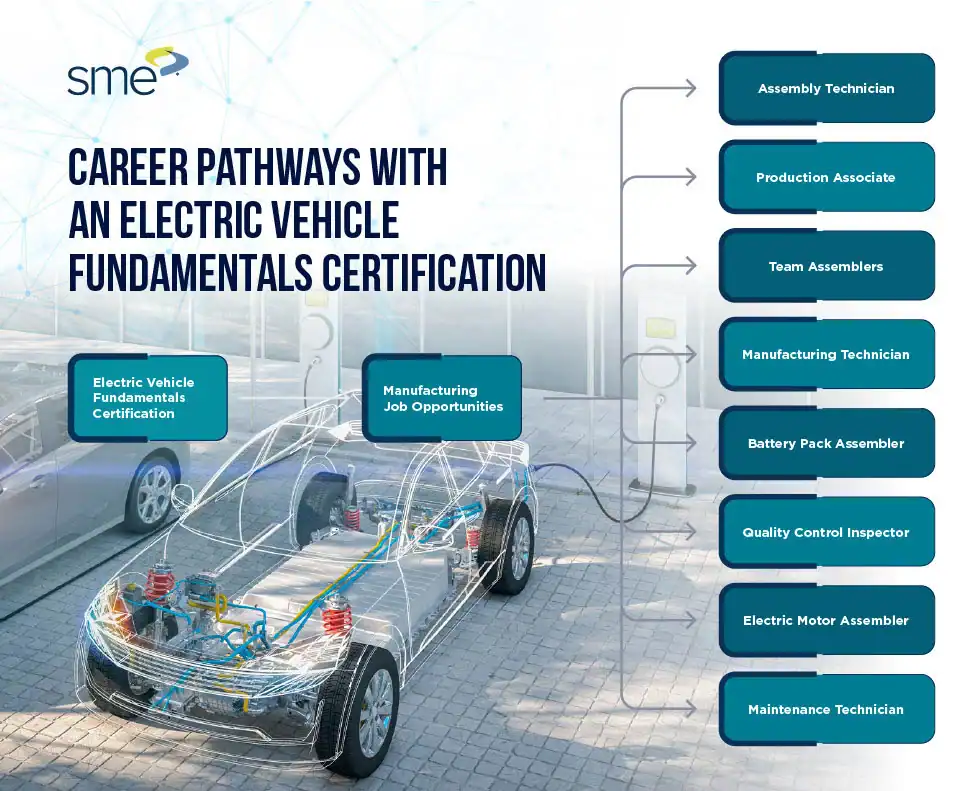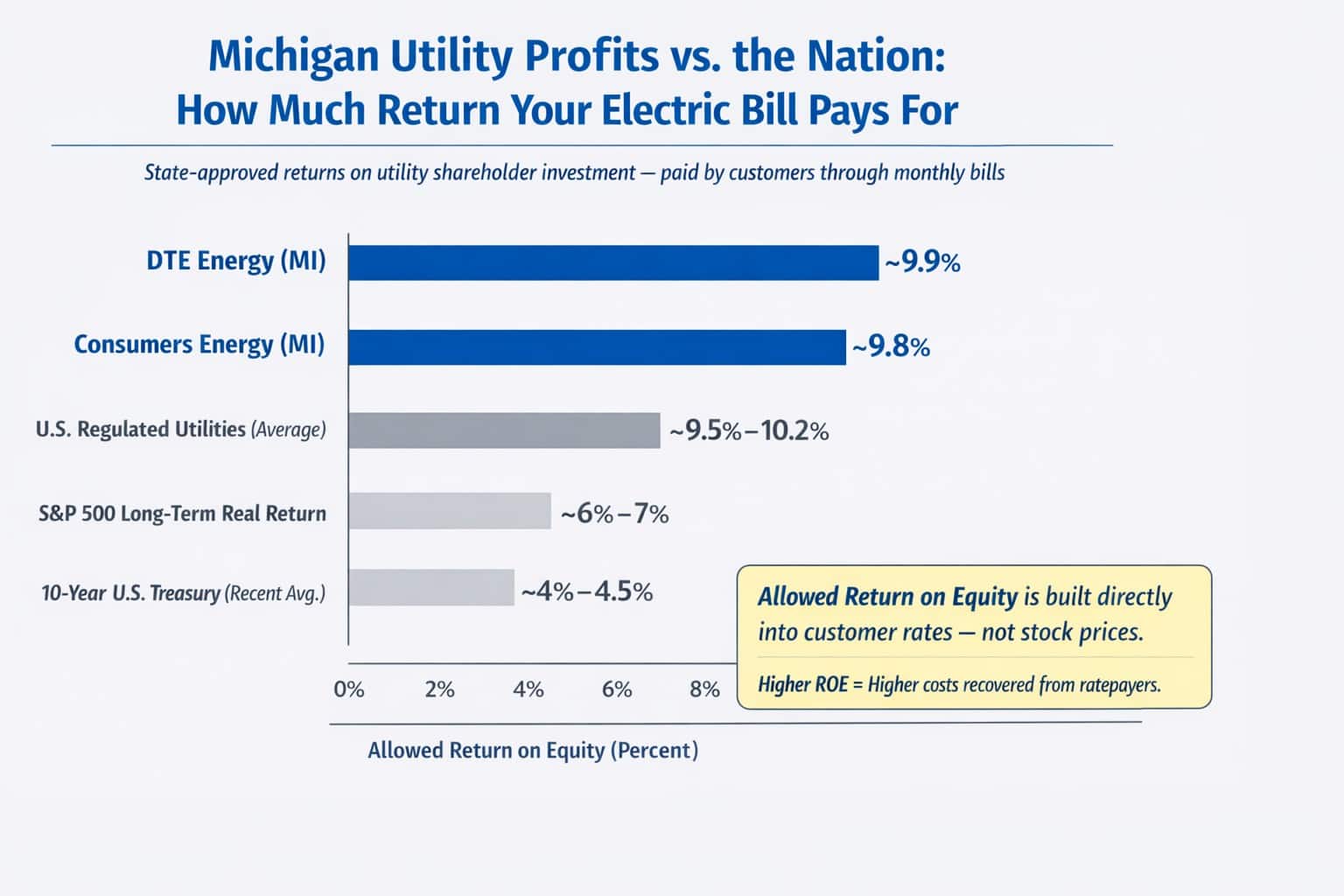DETROIT – Ford Motor Co. and General Motors’ chiefs on Thursday offered clashing perspectives on the importance of hybrid vehicles to their long-term strategic outlooks.
Ford CEO Jim Farley wants the industry to stop viewing hybrid vehicles as only an interim solution to be used until drivers are comfortable going fully electric, while GM CEO Mary Barra does not view the technology as a longer-term play.
“We should stop talking about it as transitional technology,” Farley said of hybrids at the Bernstein Annual Strategic Decisions Conference. “Many of our hybrids in the U.S. are now more profitable than their non-hybrid equivalent,” Farley added.
Plug-in hybrids, which include a small battery that can be used for shorter distances, may not be relevant in a few years, Farley said. However, extended-range hybrids are an important technology for the industry’s future, he said.
Hybrid vehicles, which bridge the divide between gas-powered vehicles and EVs, have experienced a surge in demand over the past year, prompting automakers to scale back on their drive to go electric.
Barra said the Detroit automaker will have plug-in hybrids starting in 2027, in response to steeper regulatory requirements, but electric vehicles are where GM sees the market heading.
“It’s not the end game because it’s not zero emission,” Barra said of hybrids at the same conference. “We’re trying to be very smart about how we do that and how we deploy capital there,” she added.
Ford is aiming to quadruple hybrid sales over the next several years, executives have said. It has pulled back on some of its EV investments and pushed back production of EVs in Canada and the U.S.
Separately, the Ford chief said on Thursday that EVs should not be subsidized, and that automakers should be pushing to profitably produce battery-powered models quickly.
More:Ford shareholders ask what the heck is going on with electric vehicle costs, losses
“We believe that we have to get to that fitness level as soon as possible,” Farley said.
The Dearborn company split its electric and software division from its gas-engine operations in 2022, a move that executives said would improve efficiency in both segments.
The automaker separately reports results for the wings of its business following the restructuring.
Ford has forecast a loss of $5 billion to $5.5 billion in its EV business this year after reporting a $4.7 billion loss in 2023.
Read how EVs are now ‘Defined by China’






